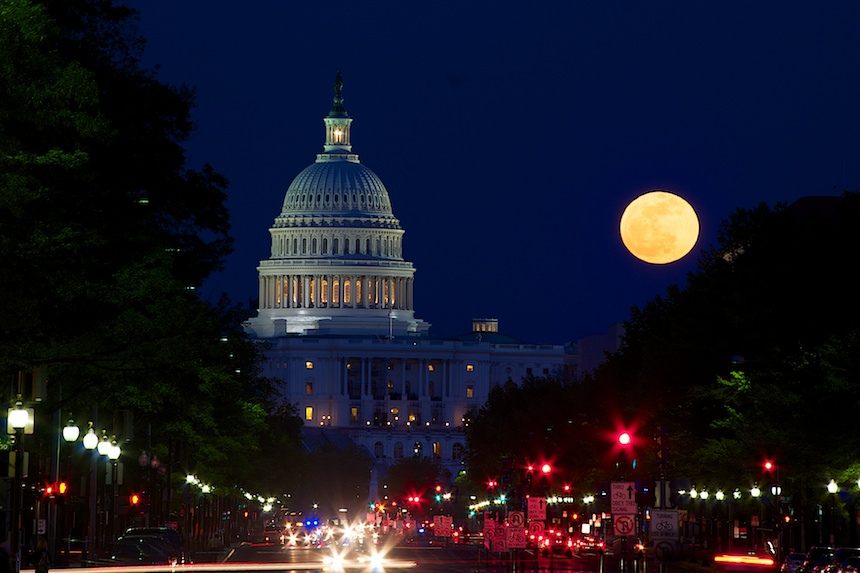https://instagram.com/p/5V2QSigkop/
This image by @dwissman is stunning. I’m trying to find the words to write more, but I cannot stop staring at the photograph. All I want to do right now is be there—inside the frame.
for the love of DC photography
https://instagram.com/p/5V2QSigkop/
This image by @dwissman is stunning. I’m trying to find the words to write more, but I cannot stop staring at the photograph. All I want to do right now is be there—inside the frame.
By Heather Goss

When you think of astrophotography, you probably think of mind-blowing Hubble images, but you don’t need a billion dollar space telescope to image the night sky. In fact, most hobby photographers have all they need already in their bag, or can cheaply rent from a local camera shop. And right now you have a unique opportunity to get started. Comet ISON has been visible with the naked eye just before dawn for the last few days, and may get even brighter before it reaches perihelion, its closest point to the sun as it swings around, on November 28. If ISON manages to survive its close encounter, you might get a second chance to catch it in camera over Thanksgiving weekend.
Here’s some history about Comet ISON, discovered in September 2012, its current status, and where you can find it in the sky.
Or try your hand at night sky photography almost anytime with the moon, which was full on Sunday night and will start to reveal its shadowy craters as it wanes for the next couple weeks. To get you started on your first night sky shoot, we asked some practiced local photographers, Phil Yabut, Brett Davis, Brian Mosley, Pablo Benavente, and Exposed’s Sanjay Suchak for their advice.
Exposed: What do you like to photograph in the night sky?